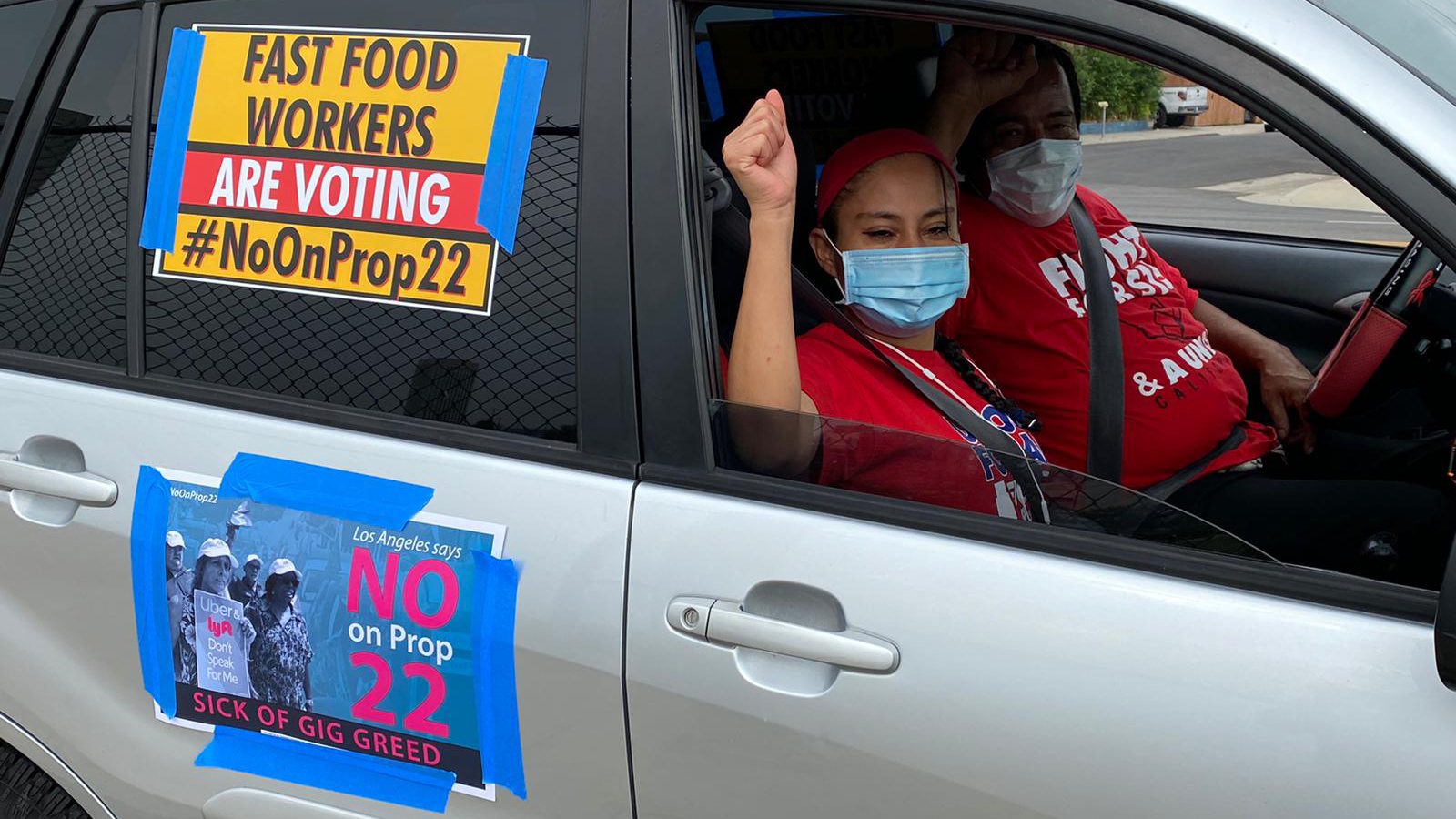Even as millions of votes are left to be counted in the federal and State elections across the United States, results on several major referendums have come in. Voting on these measures also took place on Tuesday, November 3. The range of issues covered by these State-wide referendums, often called ballot measures, includes extension of labor rights to app-based drivers and bringing back affirmative action to raising the minimum wage and decriminalization of recreational drugs. Let’s have a look at some of these votes and how it is set to affect the lives of hundreds of thousands of people.
California: Proposition 22 and others
California, which had the most number of ballot measures, saw a major vote which will have country-wide ramifications. The much talked about Proposition 22, initiated by app-based rideshare corporates, seems set to be passed with 58.4 percent votes in favor. The measure will now allow rideshare companies like Uber and Lyft, to deem their drivers as “independent contractors” and not employees. This goes against a State supreme court judgement and an existing state legislation.
The vote will exempt gig-economy corporations from abiding by several key labor protections in the State, including minimum wage cap, paid leaves and the right to unionize. This also overturns a key judicial precedent in extending the ABC test to distinguish contractors from employees. Uber, Lyft and Rideshare, among others, lobbied for this measure after losing the legal and legislative battle.
The vote came after a spending blitz by the big corporates which came to the tune of USD 204 million. Labor groups have condemned the disinformation campaign conducted by the corporates. According to opinion polls, a significant proportion of those who voted in favor of the proposition (around 40%), believed that it will lead to a hike in the wages for workers. Unions fear that Uber’s announcement that it wishes to use Proposition 22 as a model for other States and a federal legislation is going to set a dangerous precedent.
Don’t come at me with your anti-union dribble. Uber & Lyft didn’t spend $200m talking about unions, they spent it lying about worker protections (120% min wage /healthcare/ flexibility) Exit polls said 40% who voted yes thought it gave drivers a living wage. It doesn’t.
— Lorena Gonzalez (@LorenaSGonzalez) November 4, 2020
Uber & Lyft had a powerful weapon in the #Prop22 fight—their apps
Without getting consent, Uber & Lyft collected user data and used it for their own political purposes@SmileyJWJ sat down w/the @verge to talk about how this sets a dangerous precedent 👉 https://t.co/W8SUv4rnV9 pic.twitter.com/HuYVube97p
— Jobs With Justice (@jwjnational) November 4, 2020
The State also voted against Proposition 16 (56%), which would have overturned the existing ban on affirmative action measures in government-run or public-funded institutions. Along with that, the State also voted against Proposition 21, which would have allowed local governments to impose rent control on older properties.
On the other hand, the State did vote in favor of several other crucial ballots, including Proposition 17, which restores voting rights of former convicts who served their sentences. The State also voted against Proposition 20, which is a measure to reverse recent criminal justice reforms to ease mass incarceration.
Minimum wage, abortion, drug decriminalization and others
The other key highlight of the day was Florida State passing an amendment vote to raise the minimum wage to the federal standard of USD 15 per hour (Amendment 2). The demand for raising the minimum wage has been raging in the State for more than six years, making this a major victory for trade unions and labor groups.
Yesterday was also a big day for advocates of drug decriminalization in the US, with multiple states voting for propositions in its favor. The States of Arizona (Proposition 207), Mississippi (Statewide measure 1a and 1b), Montana (Constitutional Initiative 118 and 190), New Jersey (Question 1), Oregon (Measure 109 and 110), South Dakota (Amendment A and Measure 26), Utah and Washington DC (Initiative 81) overwhelmingly voted to decriminalize drug usage and sale to various degrees.
Colorado, which also saw a large number of ballot measures, rejected a proposed ban on late-term abortions (Proposition 115) by a vote of 59%, but Louisiana voted overwhelmingly in favor of abolition of abortion rights (Amendment 1) by a vote share of 62 percent. In the meanwhile, the state of Utah voted out the provision of slavery and forced servitude as criminal punishments through Amendment A.





